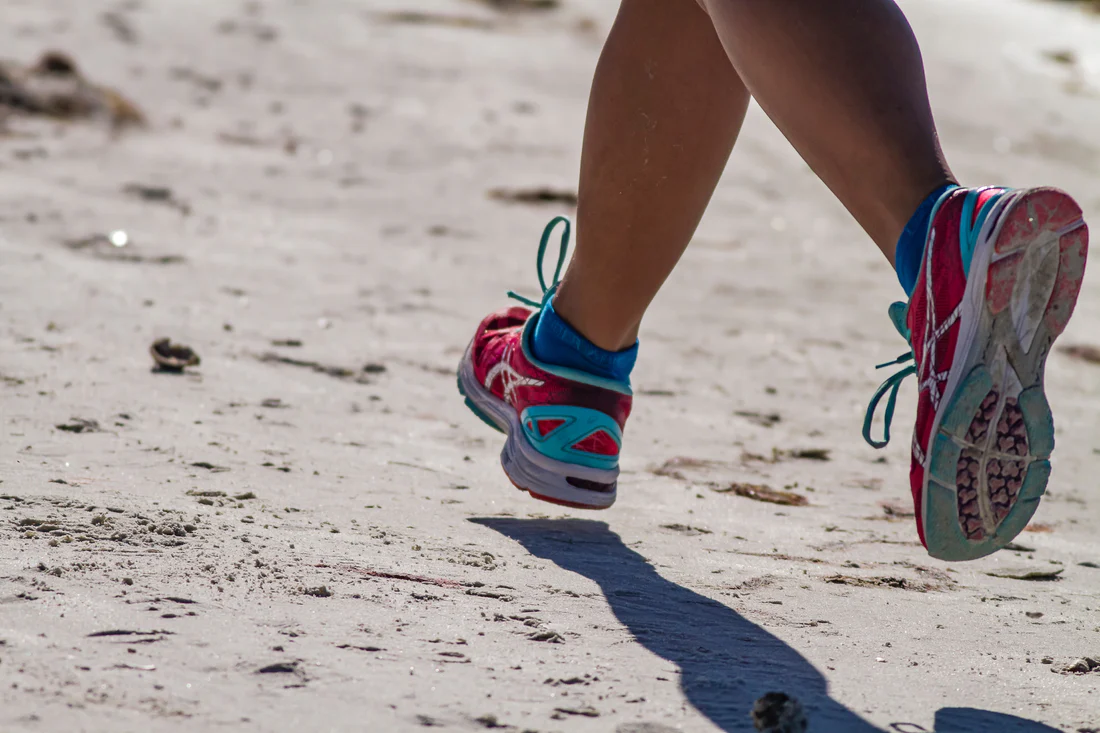Understanding Poor Running Performance
If you’ve noticed a sudden drop in your running ability, various factors may be affecting your performance. Identifying the root cause can help you make necessary adjustments and regain your pace.
10 Common Reasons for a Decline in Running Performance
-
Bad Running Mechanics
Poor running form can lead to inefficiency and injuries such as shin splints, knee pain, and foot discomfort. Consider a gait analysis to improve your technique.
-
Poor Flexibility
Lack of flexibility can negatively impact your stride and lead to muscle stiffness, increasing the risk of injury.
-
Weak Cardiovascular Fitness
Insufficient cardiovascular endurance can make it difficult to sustain a high-intensity pace, leading to early fatigue.
-
Lack of Muscular Strength and Endurance
Weak muscles can limit your ability to run efficiently over long distances. Strength training can help improve performance.
-
Poor Nutrition
Running requires proper fuel. A lack of essential nutrients can result in fatigue and decreased performance.
-
Inadequate Hydration
Dehydration affects muscle function and endurance, making it harder to sustain your usual running pace.
-
Insufficient Recovery
Overtraining without proper recovery can lead to muscle fatigue and an increased risk of injuries.
-
Lack of Sleep
Sleep is essential for muscle repair and energy levels. Poor sleep can lead to sluggishness and reduced stamina.
-
Poor Mental Focus
A distracted or unmotivated mind can result in poor form and a lack of endurance during runs.
-
Decreased Motivation
Losing the drive to train can lead to inconsistent workouts, which affects overall running performance.
Final Thoughts
By addressing these factors, you can improve your running efficiency, prevent injuries, and get back to running at your best. Prioritize proper mechanics, nutrition, recovery, and mental focus for optimal performance.



